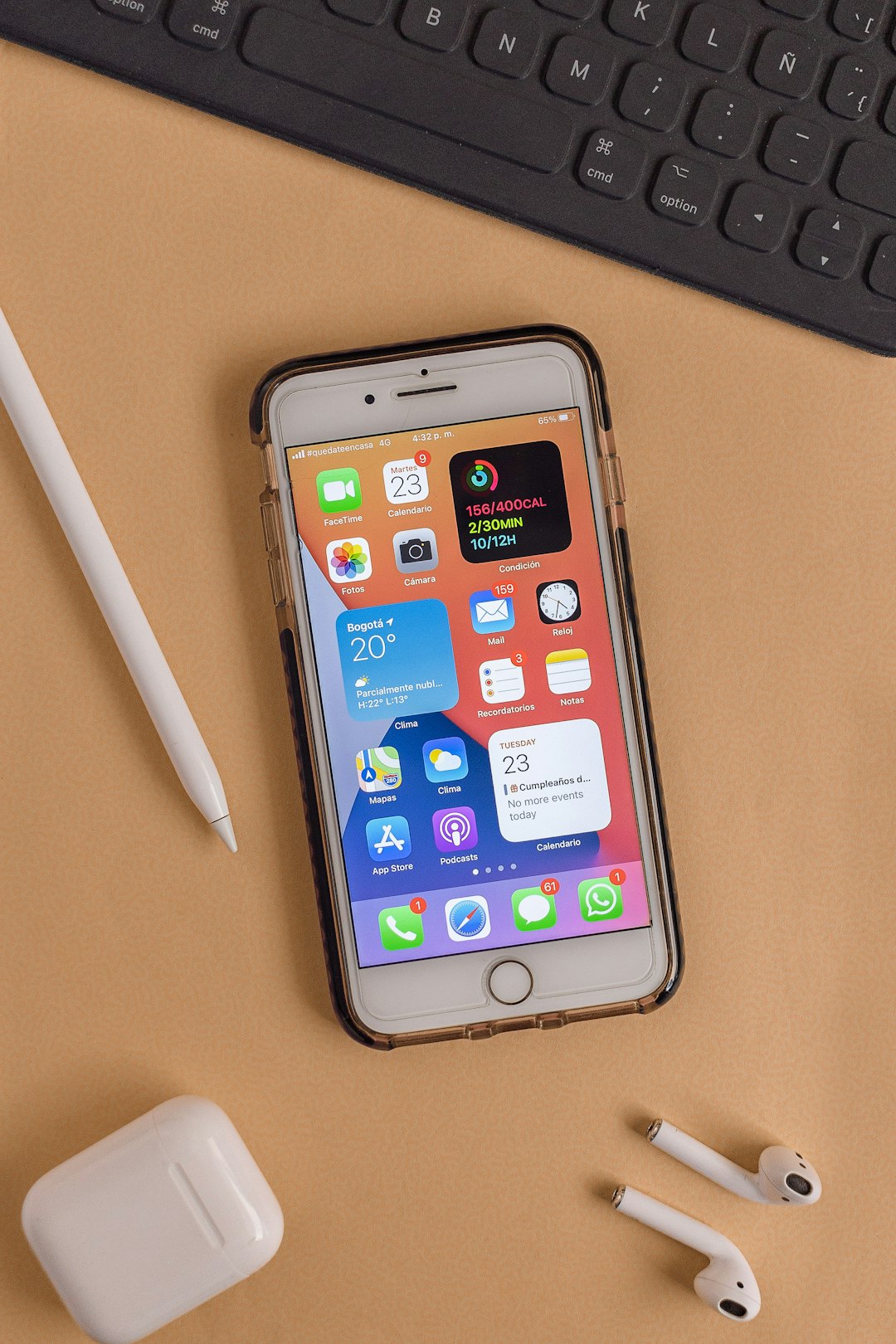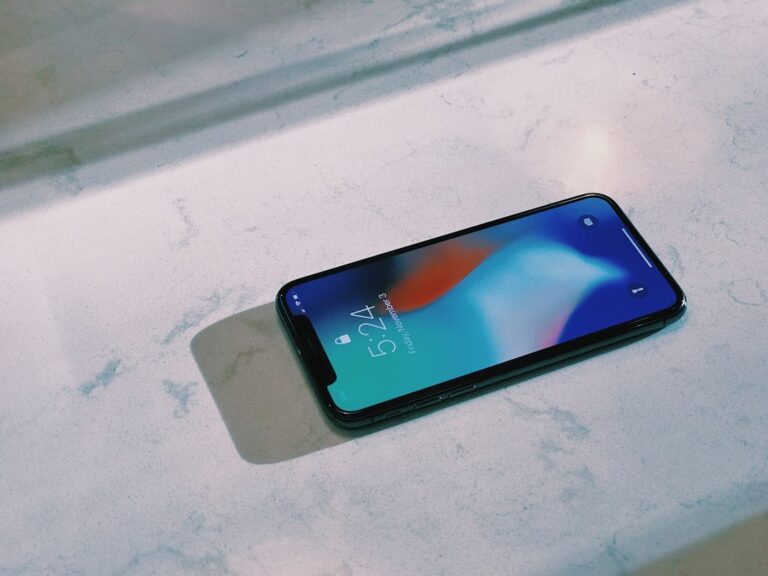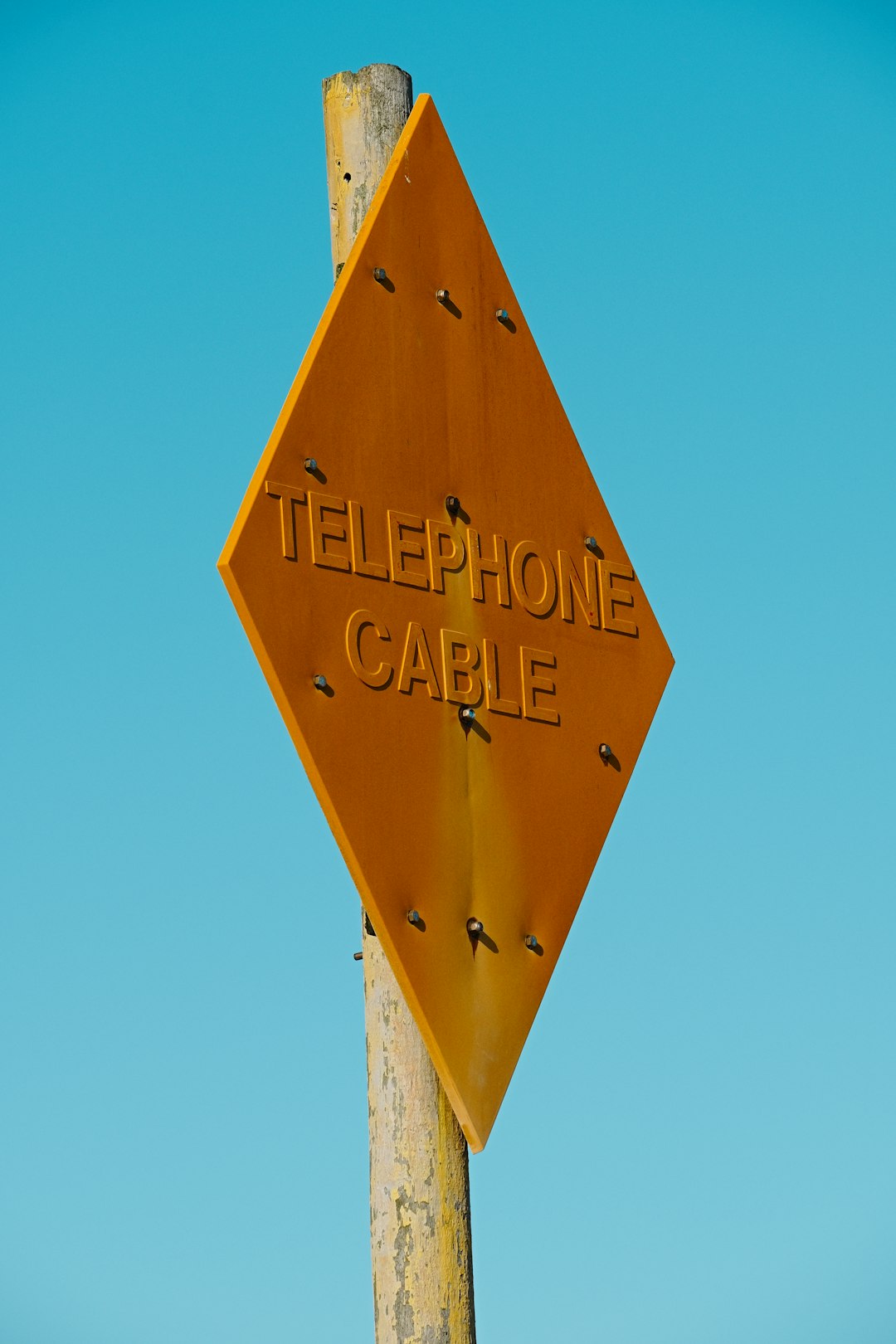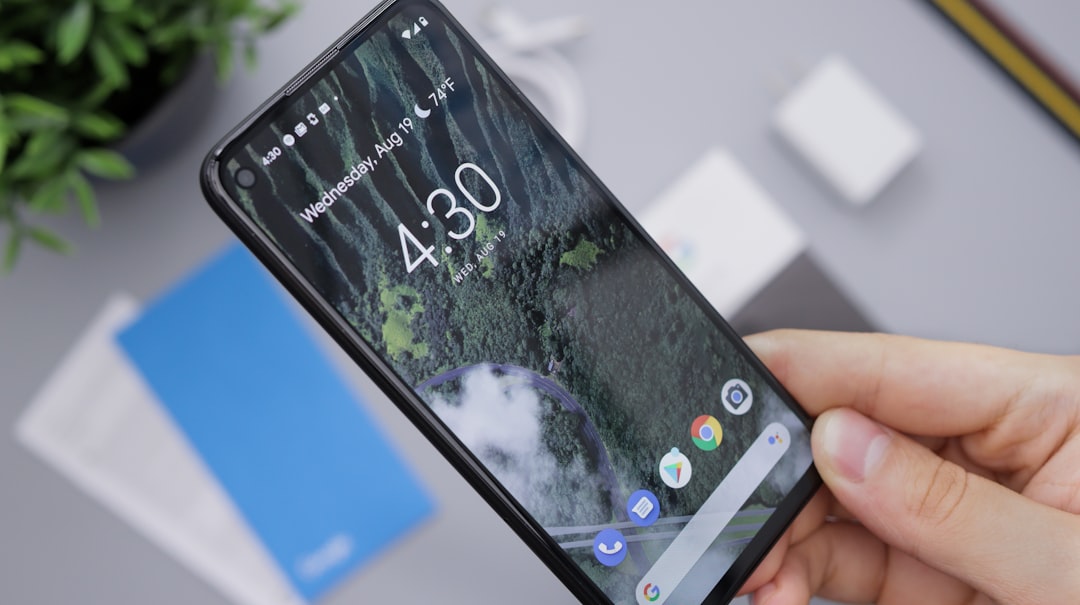Florida residents enjoy strong legal protections against robocalls and spam texts through the Telephone Consumer Protection Act (TCPA) and state laws. Apps like Hiya, TrueCall, and NoMo leverage AI and machine learning to block unwanted calls and messages, aligning with Florida's robocall laws. By staying informed about these laws and using trusted apps, Floridians can reclaim control over their communication channels.
In Florida, understanding and leveraging the state’s robust robocall laws is a powerful tool against unwanted calls and texts. With an influx of spam and fraudulent communications, residents have multiple options to protect themselves. This guide explores the best apps designed to block spam texts and robocalls, offers effective strategies for combating these intrusions, and details Florida’s legal rights in blocking unauthorized calls. Discover comprehensive tools to fortify your communication channels against relentless robocallers.
Understanding Robocall Laws in Florida

In Florida, as in many states, there are laws in place to protect residents from unwanted robocalls and spam texts. The Telephone Consumer Protection Act (TCPA) is a federal law that restricts automated telephone marketing and provides consumers with tools to block such calls. Under Florida law, robocallers must obtain explicit consent before contacting residents, either through a written agreement or clear verbal permission. This means that if you have not given your number to a specific company or individual for promotional purposes, you should not receive automated calls or texts advertising their products or services.
Florida’s Attorney General’s Office plays a crucial role in enforcing these laws and protecting consumers from malicious robocallers. Residents who experience excessive or harassing robocalls can file a complaint with the office, which may lead to legal action against violators. Understanding your rights under both federal and state robocall laws is essential in navigating the digital age, where such unwanted communications have become increasingly prevalent.
Top Apps for Spam Text Blocking

In the age of relentless robocalls and spam texts, Florida residents now have a variety of apps at their fingertips to reclaim control of their communication. These innovative tools leverage advanced algorithms and machine learning technologies to identify and block unwanted calls and messages, providing much-needed relief from persistent intrusions.
Top-rated options like Hiya, TrueCall, and NoMo offer robust features tailored to Florida’s robocall laws, ensuring users can enjoy peace of mind. With real-time blocking capabilities, these apps analyze caller ID data, detect patterns associated with spamming activities, and automatically silence unwanted contacts. Additionally, many of these platforms allow users to report spam calls, contributing to a collective effort to combat the issue at a broader scale.
Effective Strategies Against Robocalls

Robocalls have become a persistent nuisance, but Floridians have several effective strategies at their disposal to combat this issue. One powerful tool is staying informed about state laws regarding robocalls and spam texts. Florida has strict regulations in place to protect consumers from unwanted calls and messages. Familiarizing yourself with these laws can empower you to take proactive measures against robocallers.
Additionally, utilizing trusted apps designed to block such calls can significantly reduce the volume of intrusive robocalls and spam texts. These applications employ advanced algorithms and machine learning techniques to identify and filter out malicious calls, ensuring a quieter, more peaceful communication experience for Florida residents.
Florida's Legal Rights to Block Calls

In Florida, residents have legal rights and protections against robocalls and spam texts under state and federal laws. The Telephone Consumer Protection Act (TCPA) grants consumers the right to block automated calls and text messages from telemarketers or any business engaging in unsolicited communication. Florida law also supports these consumer rights by prohibiting deceptive or misleading telemarketing practices.
Under the TCPA, individuals can register their phone numbers on national “do not call” registries, which significantly reduces the volume of unwanted calls. Additionally, many mobile carriers offer built-in call blocking and filtering features as part of their service plans. Florida residents are encouraged to familiarize themselves with these laws and take advantage of available tools to protect against robocalls and spam texts, ensuring a quieter and more peaceful communication environment.
Best Tools for Comprehensive Protection

In the age of relentless robocalls and spam texts, Florida residents now have access to a variety of robust tools designed to offer comprehensive protection under the state’s strict robocall laws. These apps leverage advanced technologies like artificial intelligence (AI) and machine learning algorithms to identify and block unwanted calls and messages before they reach your phone. Many of these applications not only filter out known spam but also adapt to new patterns, ensuring continuous protection against evolving threats.
Among the best tools for comprehensive protection are those that integrate multiple blocking techniques, provide real-time updates on call origins, offer customizable settings, and maintain high accuracy rates in identifying and blocking robocalls and spam texts. By utilizing these cutting-edge apps, Florida users can regain control of their communication channels and enjoy greater peace of mind, knowing they’re shielded from the nuisance and potential risks associated with unauthorized calls and messages.






